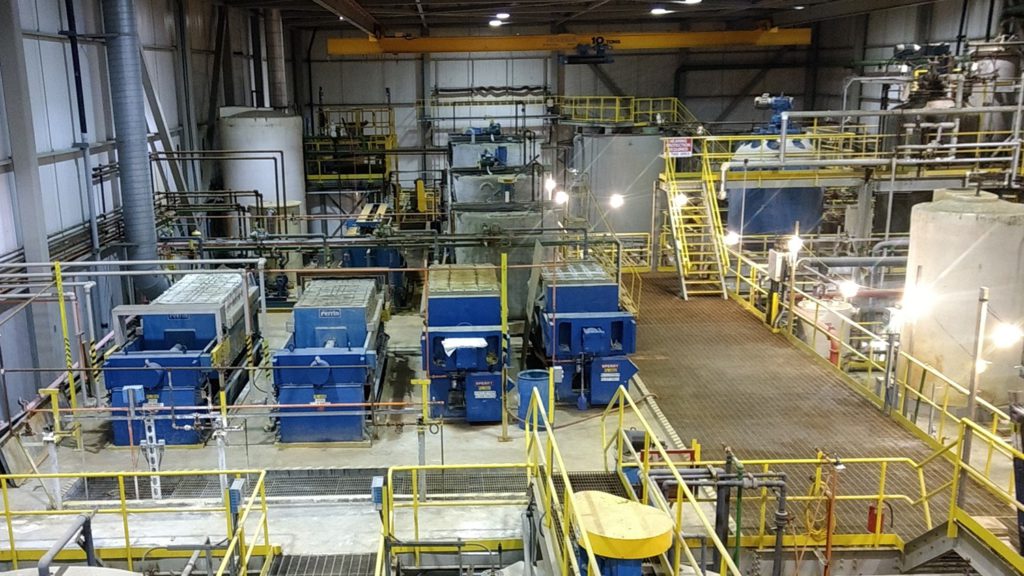First Cobalt to expand Ontario refinery and widen focus; plans change name to Electra Battery Materials


First Cobalt (TSXV: FCC; OTC: FTSSF) wants to increase the design capacity of its hydrometallurgical cobalt refinery in Cobalt, Ont., to 6,500 tonnes of cobalt annually from 5,000 tonnes. The decision was made due to a strong demand for battery-grade cobalt and client feedback.
The company has also announced a name change to Electra Battery Materials - pending shareholder approval - reflecting its plan to deliver nickel sulphate to the battery market and to recycle lithium ion batteries, in addition to producing cobalt.
To reach the targeted cobalt refinery capacity, the company will invest in additional capacity for the crystallizer circuit. The extra equipment will raise the capital budget to US$67 million from US$60 million. Ground work has begun on the new solvent extraction facility and contracts have been awarded for the foundations and building construction. First Cobalt says construction remains on schedule for commissioning in the fourth quarter of 2022.
The refinery expansion is part of the company's four-phase strategy to create a Battery Materials Park in the region. The completion of the refinery will mark the end of the first phase.
The second phase involves the recycling of material from the anode and cathode of batteries to recovery lithium, nickel, cobalt, copper and graphite. A scoping study is nearing completion on how to accomplish this using the existing equipment in the plant from historic operations. A demonstration plant could be commissioned in 2022 and a commercial facility in 2023.
For phase three, First Cobalt plants to build a modular nickel sulphate plant with an initial capacity of 60,000 tonnes of nickel. A study is underway to evaluate the opportunities for such a plant in North America. The company could source its nickel from northern Ontario producers.
The fourth phase involves building a battery precursor materials plant in 2025, likely with a joint venture partner says Electra. Locating this plant near regional nickel and cobalt sulphate production could be a major saving in the battery value chain. There would no longer be a need to crystallize the nickel sulphate prior to shipment, an operational cost saving of between 4% and 5%. More saving would be realized through reduced logistics costs, which also lowers the carbon footprint of cathode materials.
Learn more about the company’s plans at www.FirstCobalt.com.
Comments
vito cautillo
i will invest in FCC